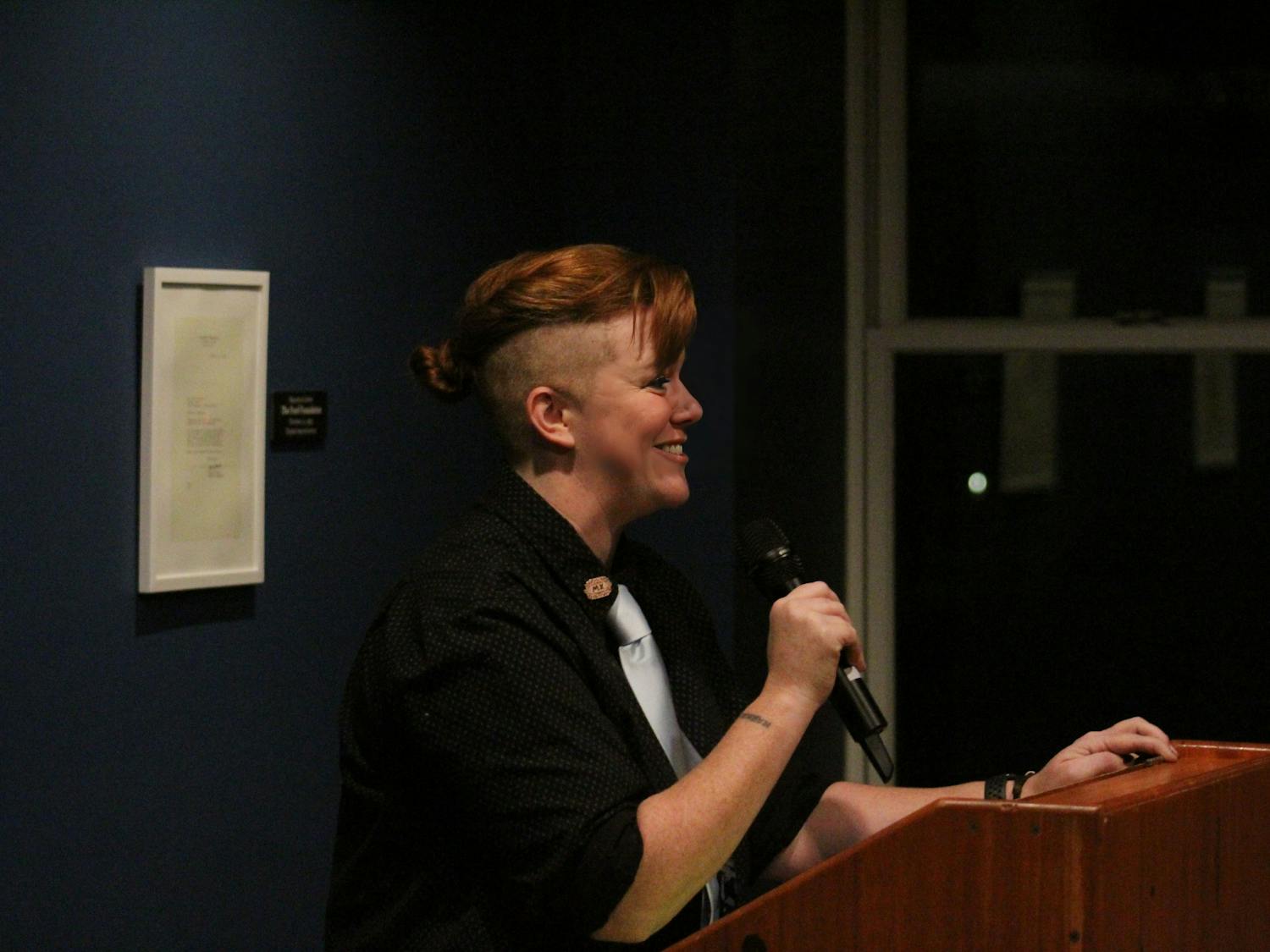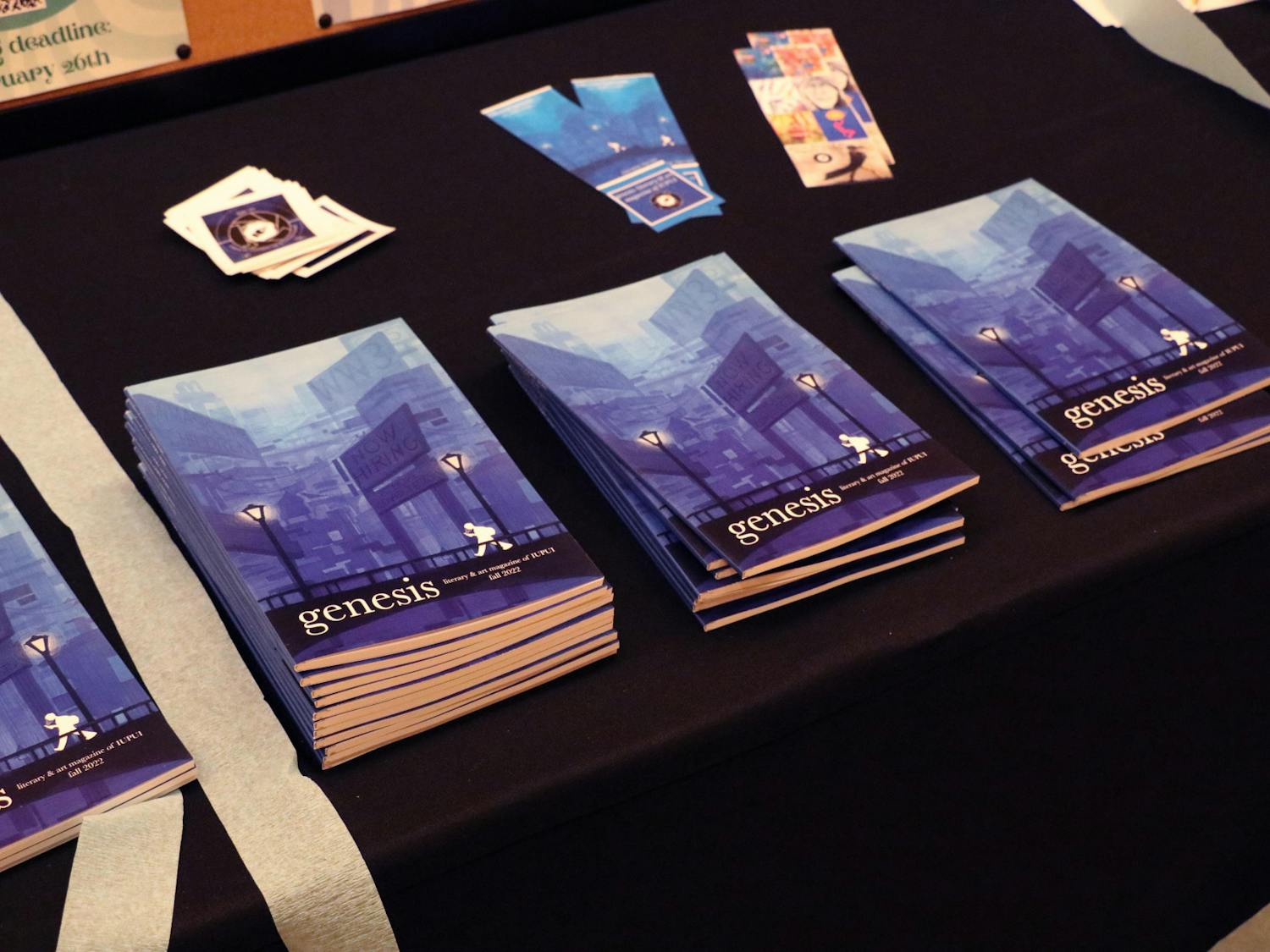The Office of the Chancellor has announced a new initiative, the Chancellor’s Student Mental Health Council, which began accepting applications on Dec. 16. According to the website, “The newly established Chancellor’s Student Mental Health Council connects decision-makers and students in the interest of ensuring student health and well-being.”
During the fall semester two IUPUI students died by suicide. The students were both residents of North Hall and they passed away only three weeks apart. No campus-wide acknowledgements were made by IUPUI administration about the student deaths. Residents of North Hall were directly notified by Residence Life via email and were offered resources and support from JagsCARE. In the wake of these tragic events, the formation of this council suggests that campus officials are attempting to make mental health a greater priority.
According to the IUPUI Student Death Notification Protocol, JagsCARE is a team of individuals from the IUPUI community trained to provide immediate and short term support to those impacted by a traumatic event. The goal is to assist individuals in coping with the stress and identifying the skills needed to move forward in a healthy way.
This team is coordinated by staff in CAPS and Student Affairs, the same staff responsible for the Chancellor’s Student Mental Health Council. CAPS is IUPUI’s counseling and mental health services, the current major mental health resource for students on campus. They provide a number of different services and resources including self-help and drop-in workshops, group or individual counseling, a list of mental health crisis support lines, and a guide for students supporting others.
According to a previous article from by reporter Kylee Leahy, the services have not been able to efficiently handle student needs.
“Many students have made it clear that they have struggled to get through to CAPS in a timely manner throughout [the 2021-2022 school year],” the article stated. “Whether it can be chalked up to an overwhelming demand for services or a lack of resources, it is clear that students feel left in the dust by the school's resources.”
According to the Vice Chancellor of Student Affairs, Eric Weldy, who has a doctorate in education, the council will consist of eight student representatives and three faculty/staff representatives. Both Undergraduate Student Government (USG) and Graduate and Professional Student Government (GPSG) will automatically provide one representative each to serve on the council due to their positions in student government. The remaining six student representatives of the council will be selected through an application process.
Some of the expectations for students applying to the council include learning about what mental health resources are currently available for students, along with pinpointing any gaps that might exist among the current offerings and identifying possible solutions to better meet student needs.
“Council members will work in collaboration with campus administration to identify possible gaps in current mental health programs, services, and resources, while also identifying viable solutions to better meet student needs,” Weldy said. “Council members will actively engage the larger campus community to obtain feedback on what members of the community think is working and what needs improvement when it comes to creating a healthier campus community for all students.”
Another expectation highlighted on the website was to “honor confidentiality of information disclosed.” Weldy expanded on what exactly this entails for council members, providing the example that they will field suggestions from campus administration and would be expected to provide feedback to the administrators before sharing with the general public.
Along with collaboration with administrators, council members will be expected to collect feedback from the student body. Weldy provided the examples of on-campus surveys or focus groups as possible ways to collect opinions from students.
“As stated previously, Council members will actively engage the larger campus community to obtain feedback on what members of the community think is working and what needs improvement when it comes to creating a healthier campus community for all students,” Weldy said.
According to Weldy, including monthly meetings, council members may be asked to spend anywhere from 2-4 hours a month working with the council.
The application states that students who apply for the council will serve a one-and-a-half-year term from the spring of 2023 through the end of the 2024 spring semester. Weldy explained that the term length will be shortened to a year for any future council members. Although there was no mention of exceptions for term limits, Weldy clarified that upperclassmen could serve shorter terms.
“The term length does not exclude any student, including upperclassmen, who has an interest in applying,” Weldy said. “For example, if a senior expecting to graduate in May 2023 wants to submit their application to serve on the Council, they are welcome to do so. If they are selected, they will only be able to serve on the Council for one semester. In such cases, we would identify another student from the pool of existing applicants to take their place.”
The Campus Citizen reached out to Interim Chancellor Klein for comment about the formation of the council but was redirected to Vice Chancellor of Student Affairs, Eric Weldy.
The application for students to join the Chancellor’s Student Mental Health Council closes on Jan. 13.
If you or someone you know is thinking about suicide and seeking emotional support, there are crisis lines available via phone, chat or text: Dial 988, chat at 988Lifeline.org or visit in.gov/iss for more resources.
Ashley Wilson is a sophomore double majoring in creative writing and journalism at IUPUI. She is a writer and photographer who covers campus and culture for The Campus Citizen.
Katie Wiseman (she/her) is a senior majoring in journalism with a minor in Spanish. She is the Editor-In-Chief of The Campus Citizen.





